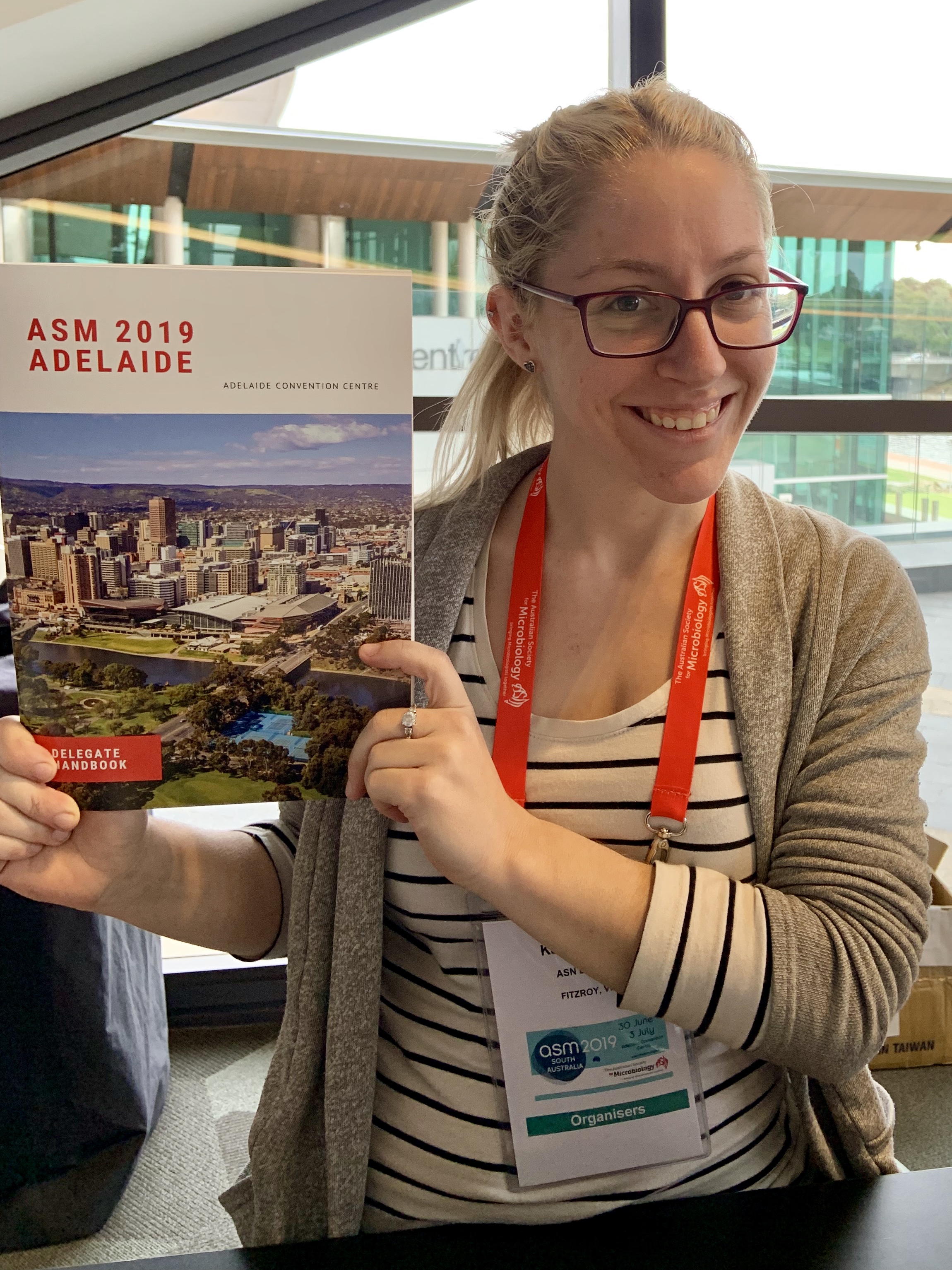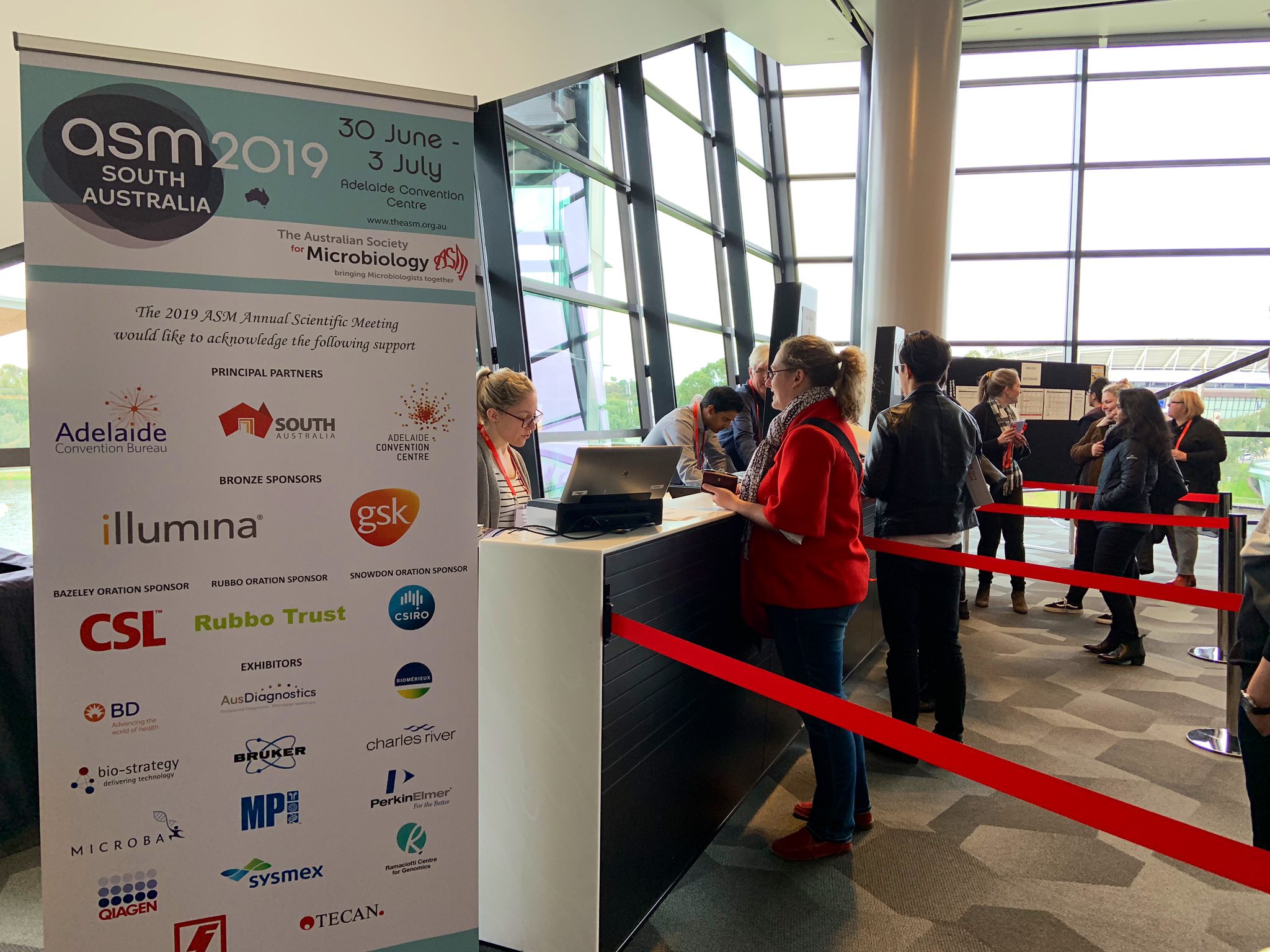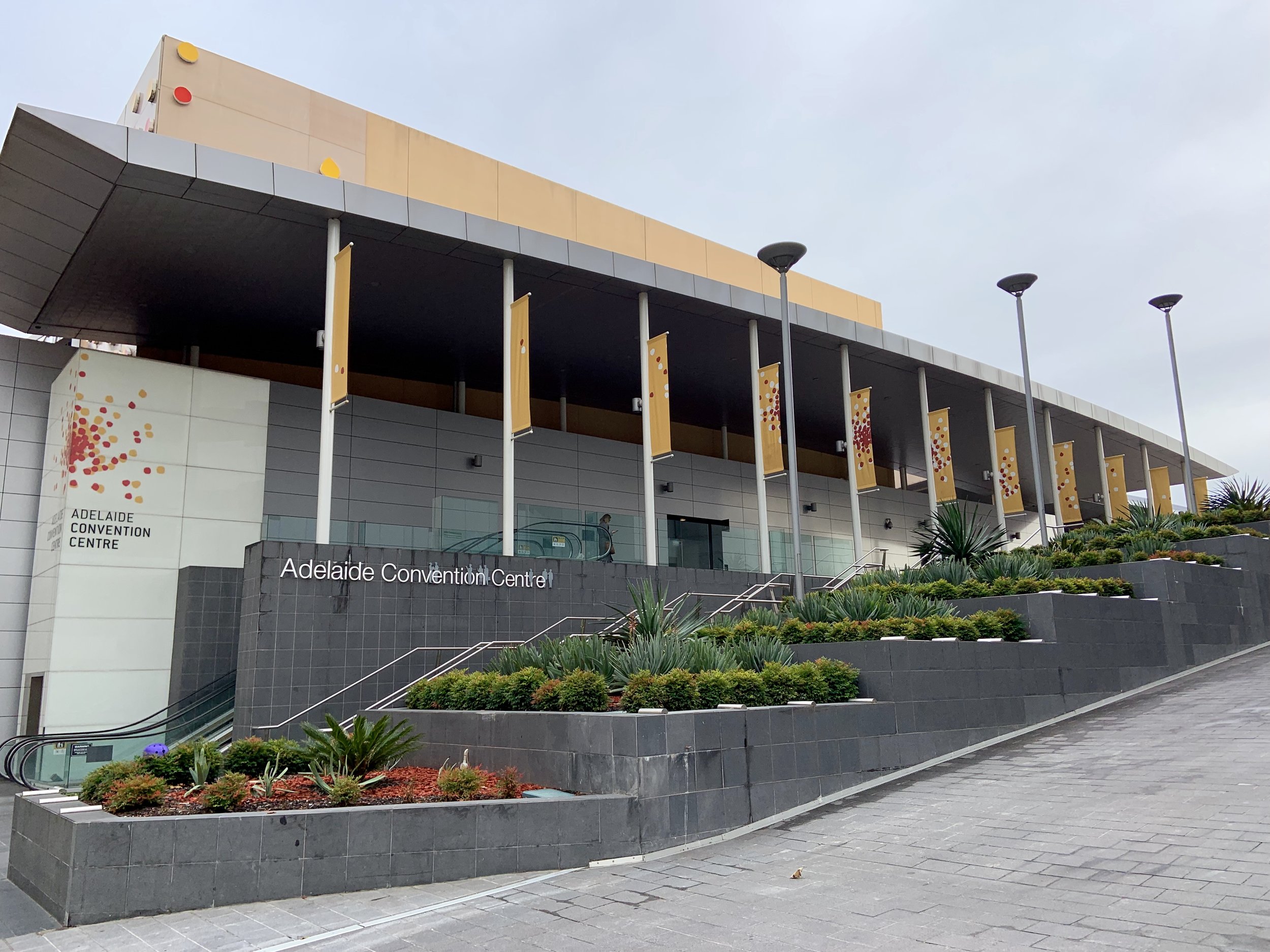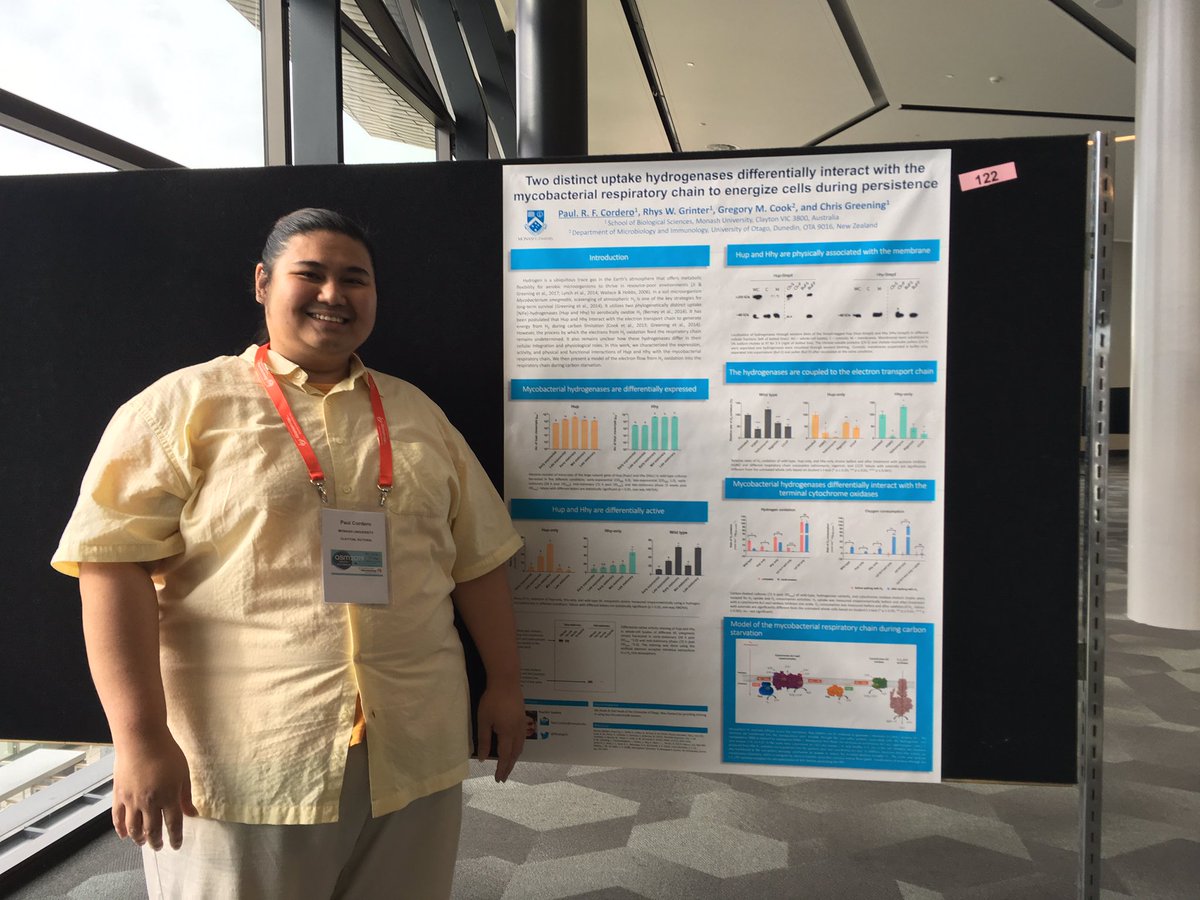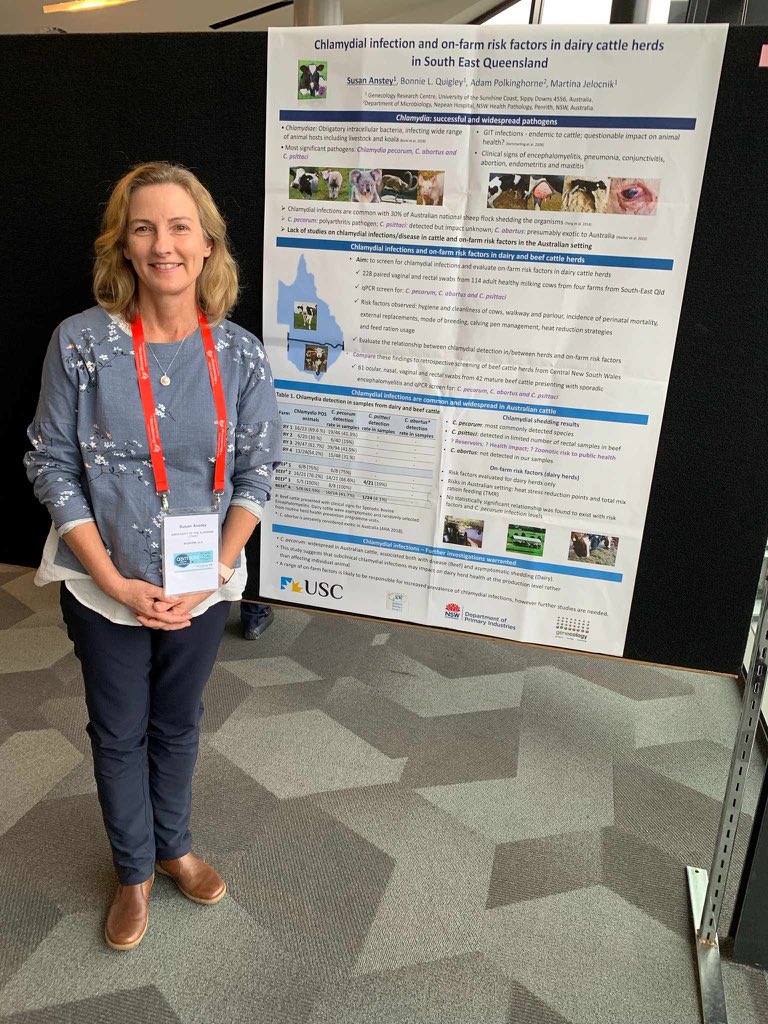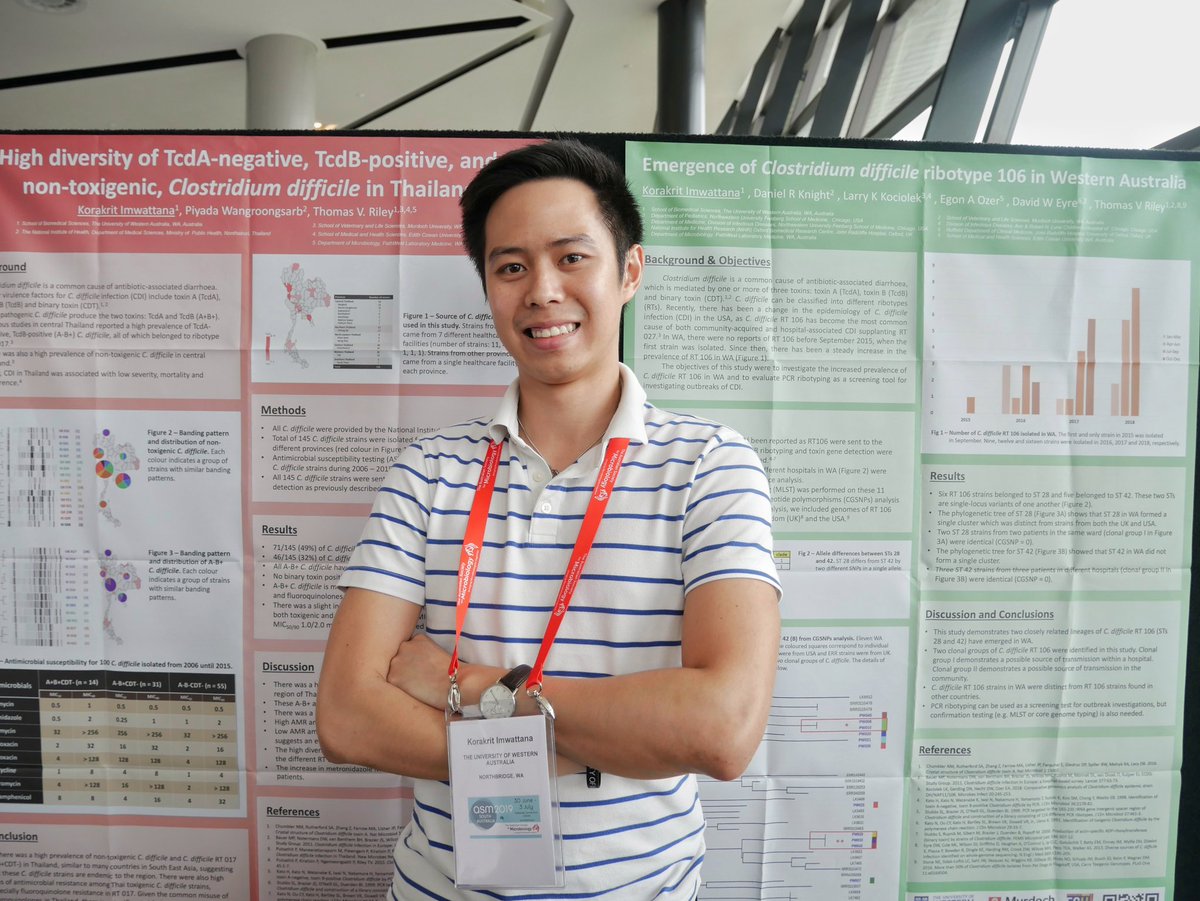ASM 2019 Adelaide: Day one
Attendees started to arrive on Sunday afternoon to the Adelaide Convention Centre, a central location with a beautiful view of the River Torrens. After picking up their conference booklet, registration tag and greeting friends they moved into the theatre for an acknowledgement of country and welcome to delegates by ASM President Dena Lyras.
The Public Lecture was delivered by Wendy Jackson from the Pacific Region Infection Diseases Association (PRIDA). PRIDA established a network across the Pacific and provides public health support through the professional development of healthcare workers. Wendy shared the challenges faced in the region, with a focus on the Solomon Islands and the global threat of antimicrobial resistance.
PRIDA also organised over a tonne of usable equipment to be donated to the Honiara hospital, including laboratory and administrative equipment. A blood culture machine proved useful soon after in identifying an outbreak that otherwise would not have been detected. Delegates also heard from the laboratory manager of the hospital, Hilda Zoleveke, on the support PRIDA provides.
“A few ordinary people doing some extraordinary things”.
Looking ahead, PRIDA hopes to provide further support, including in country clinical qualifications, cheaper consumables, and more equipment. Our Vice President, corporate affairs, Cheryl Powers, announced the donation of $10,000 from ASM to help PRIDA further their work in the Pacific.
Cheryl Powers, Hilda Zoleveke, and Wendy Jackson
Following the public lecture, our new MASM and FASM members were announced, and the ASM awards presented (full lists provided on our main website). The Brazeley Oration was delivered by Luigina Romano, who highlighted the need for effective treatments for fungal infections and the need to take a host focused approach.
This was followed by the Snowdon Speaker, Marnie Petersen, on reimagining antimicrobials. Marnie reminded us of the threat of antimicrobial resistance and the problems with the development pipeline. She highlighted monoclonal antibiodies, engineered bacteriophage and lysins as alternatives, showcasing some interesting case studies and early clinical trials.
The welcome function provided a great chance to catch up with friends and colleagues from across the country. Thank you to those presenting posters who did a great job of sharing their interesting work.

